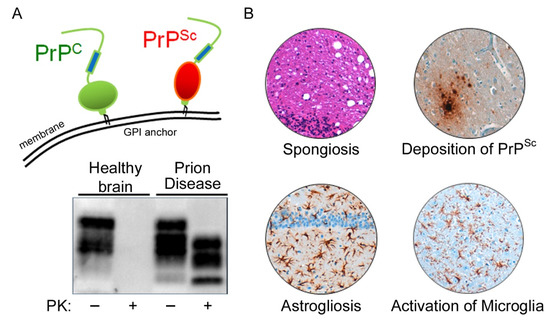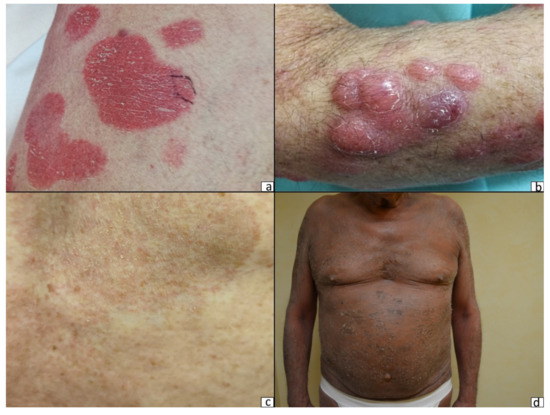
Dis Ease Meaning: Unveiling the Hidden Impact
Dis ease refers to a state of discomfort, illness, or dysfunction within an organism. It can manifest as physical, mental, or emotional imbalances that disrupt normal functioning.
Dis ease can be caused by various factors such as infection, injury, genetics, or environmental influences, and can range from mild to severe in its impact on an individual’s health and well-being. Dis ease, in simple terms, signifies an unhealthy condition in the body, mind, or emotions.
It encompasses a wide range of ailments and disturbances that disturb the normal functioning of an organism. These abnormalities can be triggered by diverse factors like infections, injuries, genetic predispositions, or environmental influences. The severity of dis ease can vary greatly and can pose significant challenges to an individual’s overall health and happiness. We will delve deeper into the concept of dis ease, exploring its causes, manifestations, and implications on human well-being.
The Power Of Words
Our choice of words can significantly impact our perceptions and emotions. This is especially true when it comes to discussing disease. The term “dis-ease” itself creates a shift in perspective, as it suggests a state of being less at ease rather than a fixed medical condition.
By reframing our language, we can influence how we experience and understand illness. Words have the power to shape our thoughts, feelings, and actions. By using more positive and empowering language, we can help cultivate a mindset of resilience and hope, which can be incredibly beneficial in the face of health challenges.
So, let’s be mindful of the words we choose and the impact they can have on our well-being.
Dissecting The Medical Jargon
Dissecting the Medical Jargon: Unveiling the meaning behind “dis-ease”. Examining the origins and etymology of the term, let’s dive into the understanding of this complex concept. By challenging the misconceptions surrounding disease, we can gain a deeper insight into its true nature.
In the realm of medicine, “dis-ease” refers to a state of discomfort or lack of well-being. Rather than an external entity, disease signifies an internal disruption in the body’s equilibrium. Understanding this concept allows us to approach healthcare in a holistic manner, focusing on restoring balance and promoting overall wellness.
So, let’s unravel the true essence of “dis-ease” and broaden our perspectives on health and well-being in the process.
The Mind-Body Connection
The mind holds significant influence over physical health through its connection with the body. Stress, emotions, and attitudes can all have profound impacts on the development and progression of diseases. By understanding this mind-body connection, we can explore the potential for mind-body healing.
It is important to recognize the power of our thoughts and feelings in shaping our overall well-being. Addressing psychological factors alongside physical treatment can lead to more comprehensive and effective healthcare outcomes. By acknowledging the role of the mind in disease states, we open avenues for holistic approaches to healing that consider the individual as a whole.
With this broader perspective, we can strive to optimize mental and physical health, promoting wellness and balance in our lives.
Rewriting The Narrative
Redefining disease as a state of imbalance allows us to shift our focus towards holistic well-being. Instead of viewing it as an isolated condition, we can embrace empowerment and self-care in our healing journeys. By stepping away from the traditional notion of disease, we open ourselves up to a more comprehensive understanding of health.
It’s about recognizing that our bodies strive for equilibrium and recognizing that imbalances can manifest in various ways. This shift in perspective enables us to take ownership of our well-being and empowers us to explore different paths to healing. Whether it’s through lifestyle changes, alternative therapies, or a combination of approaches, we have the ability to enhance our overall quality of life.
It’s time to rewrite the narrative and embrace a more holistic approach to health and wellness.
Language As A Tool For Healing
Language plays a significant role in healing in healthcare. Positive and empowering language can influence treatment outcomes. It harnesses the power of words to support the process of healing. By avoiding commonly overused words and phrases, concise sentences can effectively convey information.
The use of a variety of phrases at the beginning of paragraphs ensures the reader’s interest is maintained. Overall, language serves as a tool for healing, enabling healthcare professionals to communicate effectively with patients and provide them with the support they need.
It is through the careful choice of words that positive outcomes can be achieved in the healthcare setting, promoting both physical and emotional well-being.
Recognizing The Social Impact
Recognizing the social impact of certain diseases includes understanding the stigma and discrimination attached to them. This harsh reality can heavily affect individuals living with these conditions, often causing isolation and barriers to care. It is crucial to raise awareness about these issues and advocate for change.
By challenging misconceptions and promoting education, we can foster empathy and compassion in healthcare. Removing the stigma surrounding diseases allows individuals to seek the support and treatment they need without fear of judgment. Together, we can create a more inclusive and understanding society where everyone receives the respect and care they deserve.
By addressing the social impact of disease, we can work towards a healthier and more compassionate world.
A Paradigm Shift In Healthcare
In today’s rapidly evolving healthcare landscape, there has been a significant paradigm shift towards a more integrated approach to medical practice. This shift recognizes the importance of not only treating physical ailments but also addressing the mind, body, and spirit of patients.
The concept of patient-centered care has gained prominence, emphasizing the need for tailored treatments that consider individual needs and preferences. By embracing a holistic approach to health and healing, healthcare professionals strive to provide comprehensive care that extends beyond the mere alleviation of symptoms.
This means taking into account the various factors that contribute to overall wellbeing, such as mental health, lifestyle choices, and social support networks. By adopting this approach, practitioners seek to promote overall wellness, rather than solely focusing on specific diseases or conditions.
This radical shift in thinking marks a progressive step towards optimized patient outcomes and improved healthcare experiences for all.

Credit: www.mdpi.com
Conclusion
Overall, understanding the meaning of dis ease is crucial for our well-being. By recognizing dis ease as a state of imbalance within the body, mind, and spirit, we can begin to address the root causes of our health issues. It requires us to look beyond the symptoms and dive deeper into exploring the underlying imbalances that contribute to dis ease.
Whether it is physical, mental, or emotional, dis ease affects our overall quality of life. By adopting a holistic approach and seeking to restore balance in all aspects of our being, we can work towards achieving optimal health and well-being.
It is important to remember that dis ease is not just a state of physical illness; it encompasses all aspects of our being. By taking proactive steps to restore balance and harmony, we can lead fulfilling and vibrant lives. Let us embark on this journey of self-discovery and healing, and embrace true health and well-being.






